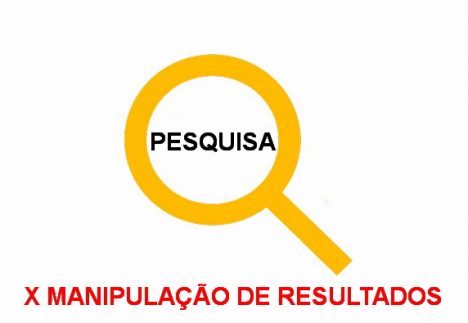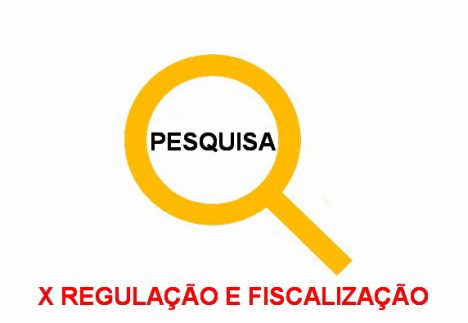The amount gamblers can stake on controversialshould be slashed and councils given powers to stop bookmakers “clustering” betting shops on high streets, an influential group of MPs has said.
The recommendations, timed to coincide with a government review of betting machines, won support from gambling campaigners but were dismissed as a “kangaroo court” by bookmakers.
The all-party parliamentary group (APPG) on FOBTs, which are often dubbed the “crack cocaine” of gambling due to their addictive nature, is recommending a number of curbs on the machines.
The findings come just days after it emerged that the boss of Paddy Power had lobbied against the explosion in the number of FOBTs.
The group called for the maximum bet to be reduced to £2 from £100, an amount that can be wagered every 20 seconds under current regulations.
“At the very least, the stake should be reduced on a FOBT on a precautionary basis,” said the group’s chair, Carolyn Harris, Labour MP for Swansea East.
“The government has a duty to protect the most vulnerable in our society and to act in the public interest. We therefore strongly urge them to properly regulate FOBTs and to do so with immediate effect.”
She said cutting the maximum stake had support from all political parties, both houses of parliament and “a significant majority of the public”.
Professor Peter Collins, a veteran gambling expert who has advised successive governments, said failure to reduce the maximum stake would now be seen by the public as a measure of “corruption or stupidity” among politicians.
He pointed to his own research showing that a reduction in the stake would cause less harm among vulnerable gamblers.
But the Association of British Bookmakers issued an angry rebuttal of the group’s findings.
“The anti-FOBT APPG is a kangaroo court,” it said. “It is a small group of anti-bookmaking MPs, funded by casinos and arcades that will benefit from undermining bookmakers.
“When a properly balanced and independent select committee of MPs investigated FOBTs they came out strongly in favour of them.
“As opposed to that select committee report, this is a biased and highly misleading piece of work, with no material evidence to support their claims.”
The MPs also recommended that the government review the regime governing how many FOBTs are allowed in one area.
Bookmakers are currently permitted to put four machines in each betting shop, a restriction that campaigners against FOBTs say has led to gambling firms opening multiple shops on the same street in a bid to circumvent the limits.
The parliamentary group said local authorities should be given powers to stop this “clustering” of betting shops.
And it also urged the government to review staffing levels in bookmakers to address incidents of crime linked to FOBTs – such as vandalism of the machines by people who have lost money.
The gambling addiction charity GambleAware pointed to research that suggested the measure would be ineffective on its own.
A report conducted by Sophro for GambleAware highlighted the ease with which gamblers can use their debit cards to access funds to keep gambling.
Customers could be stopped from using debit cards to load up their betting accounts, or face limits on how often they could use their card or how much they could withdraw to gamble, the report said.
It also suggested restrictions on the speed with which gamblers can play game after game and highlighted so-called near misses, where machines give the impression that a player narrowly missed out on a big win.
It said these were responsible for an “increase in arousal” that convinced punters to keep gambling.
“There is growing evidence that access to additional funds in a gambling venue is a significant risk factor for problem gambling,” said Dr Jonathan Parke, lead researcher at Sophro.
“This may be because it facilitates the decision to continue spending more than planned. Stopping players from spending more than they can afford is important.
“However, restricting stake size while failing to consider the other cost determinants, like game speed and volatility, will likely prove ineffective.”
A report due to be published next week by the Institute for Public Policy Research will estimate the total cost of problem gambling to the public purse.
The cost of secondary mental health services linked to gambling could be as high as £110m a year, the report will say, suggesting the overall cost is much higher.
Source: The Guardian




























